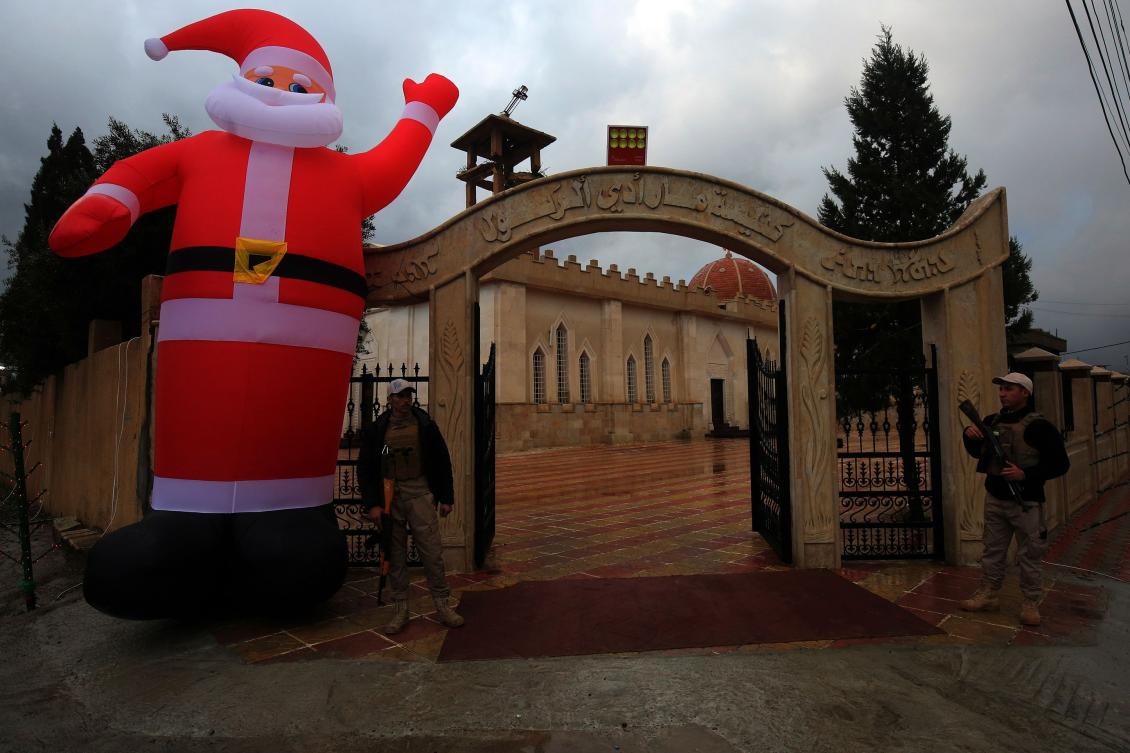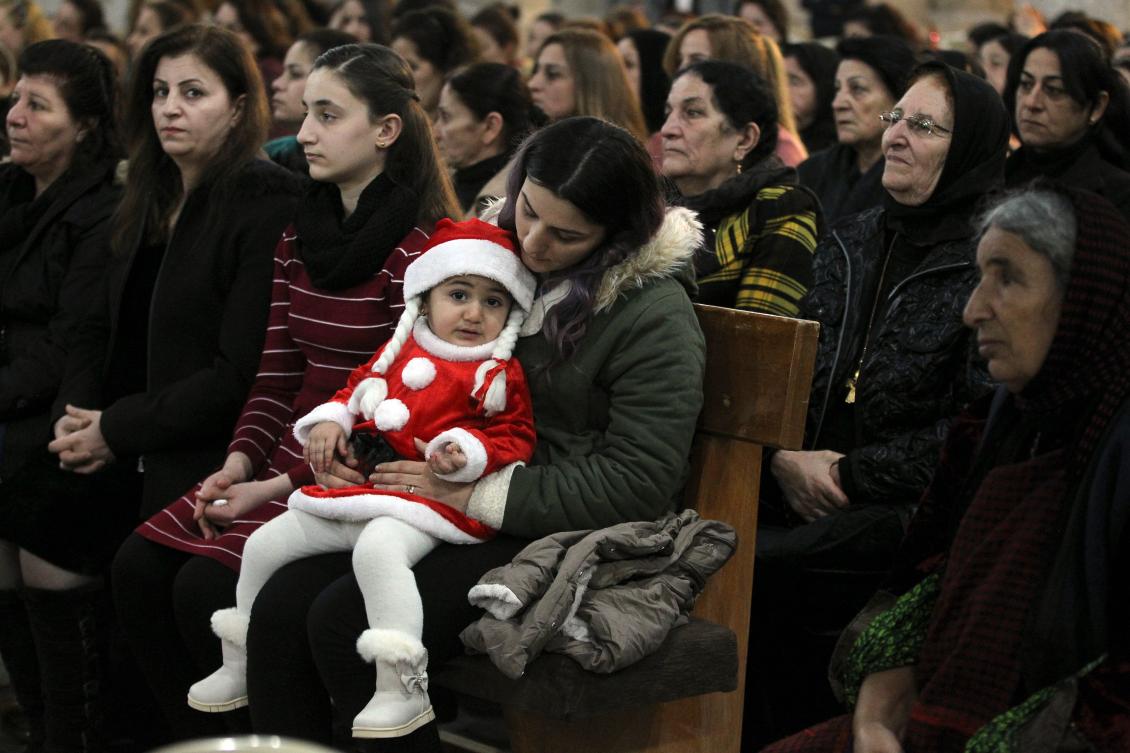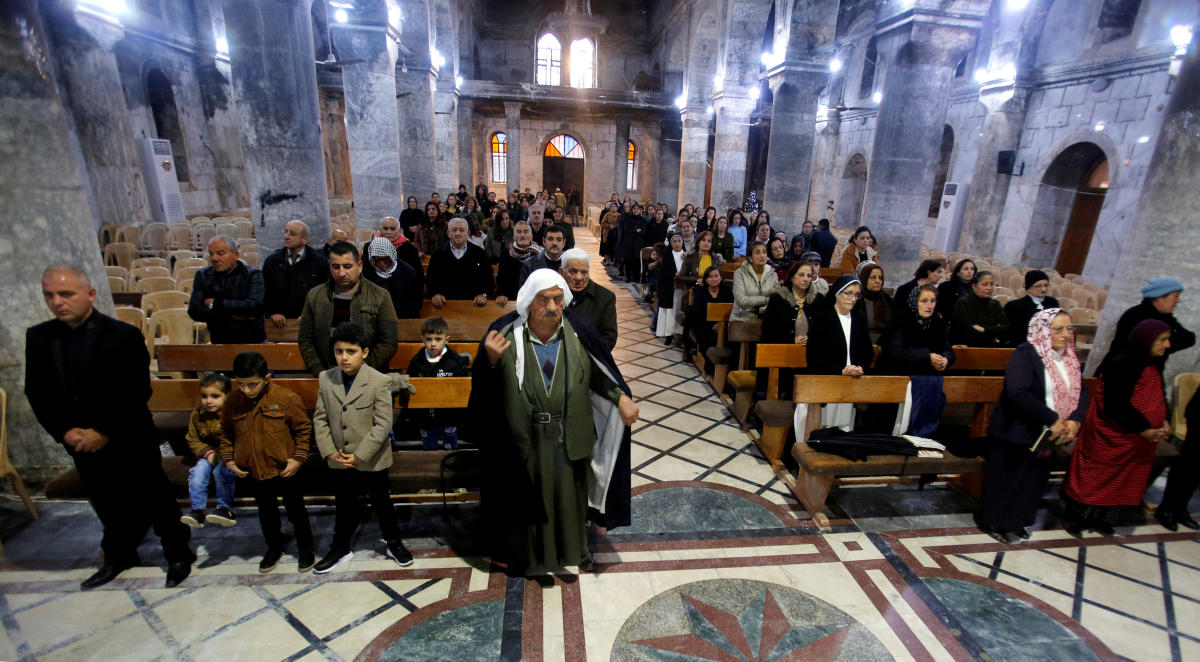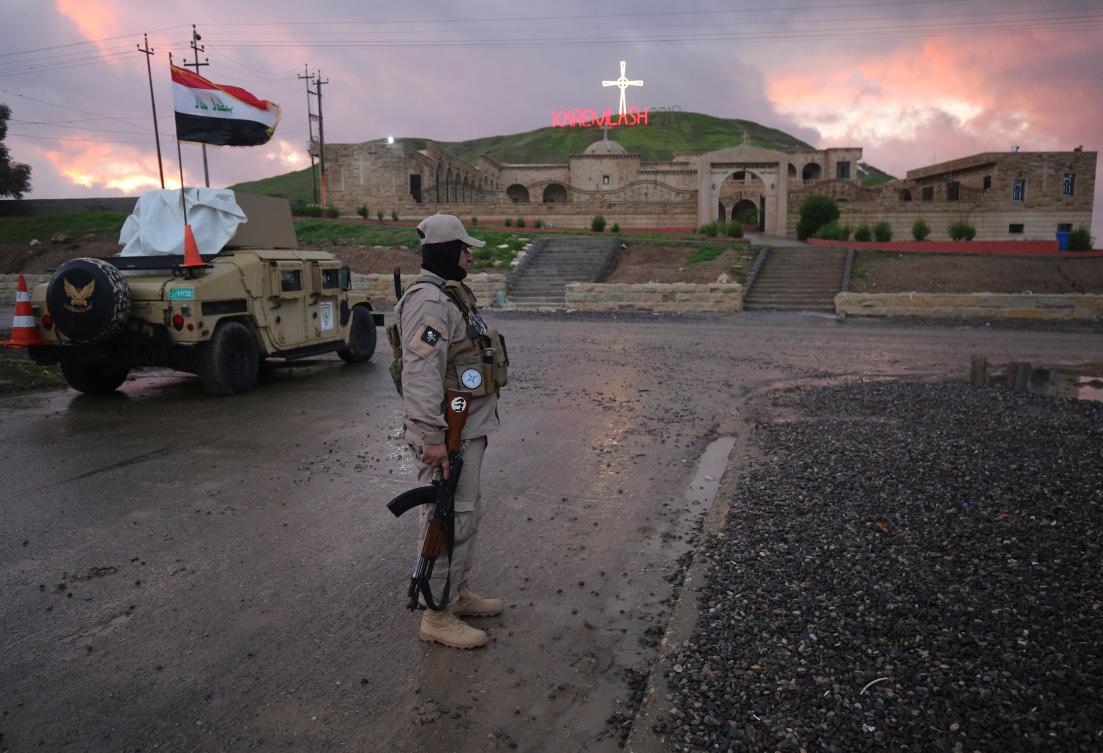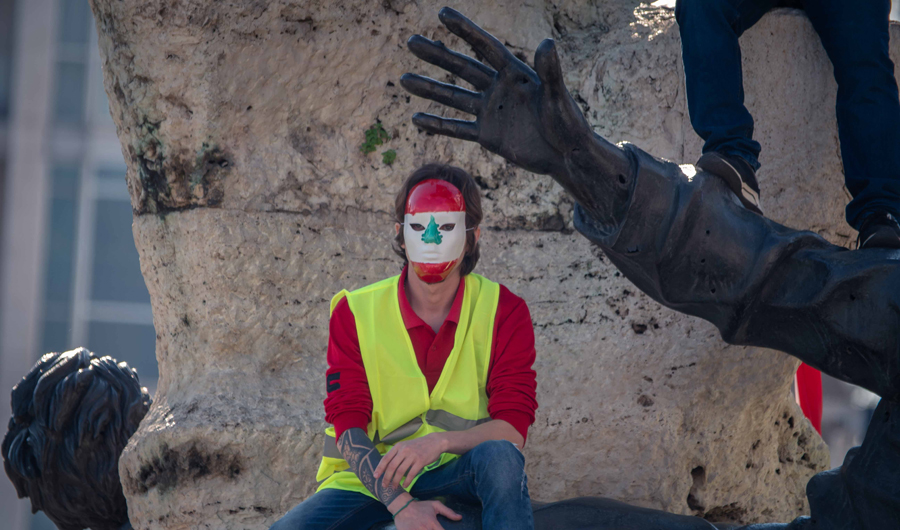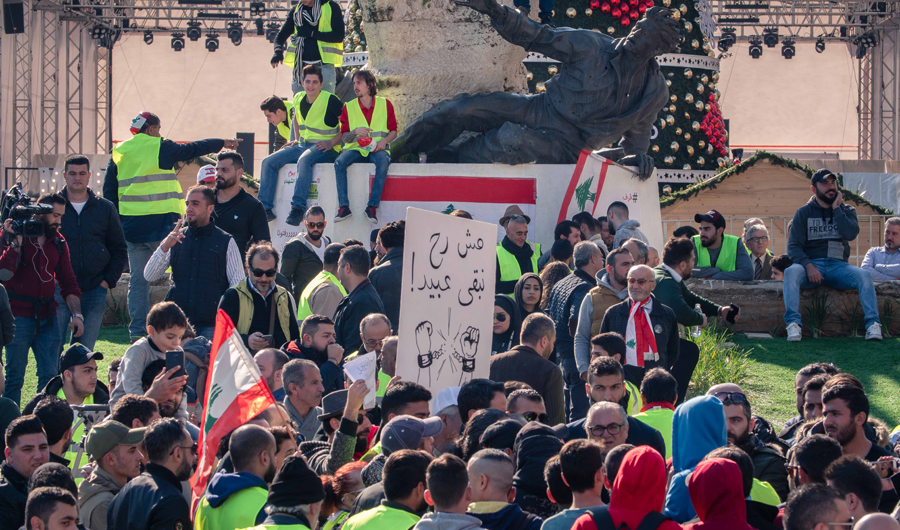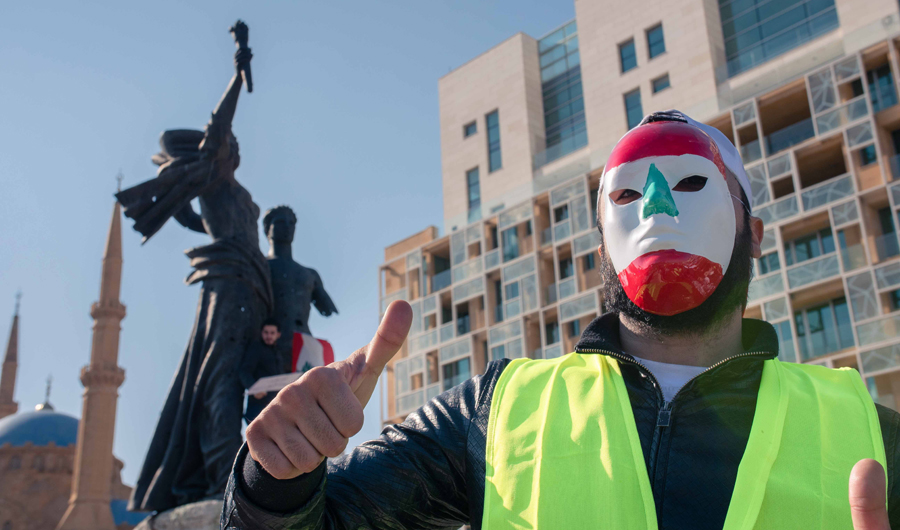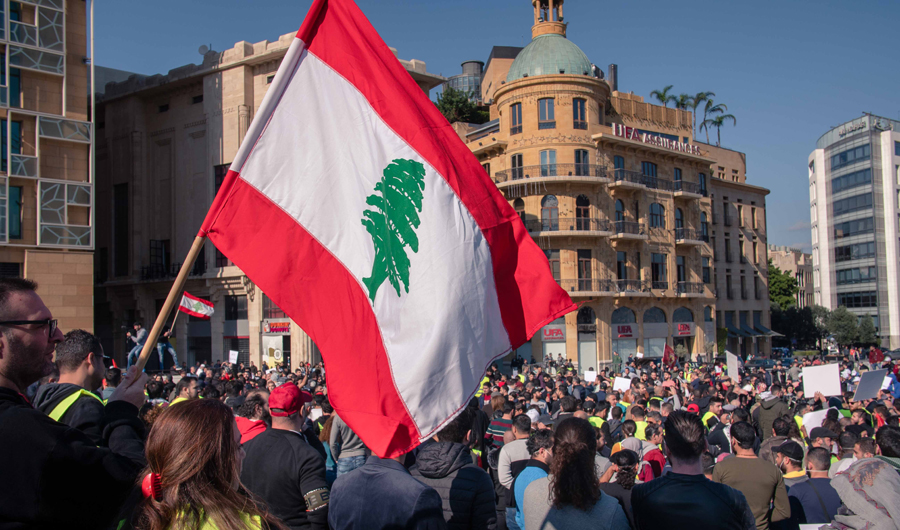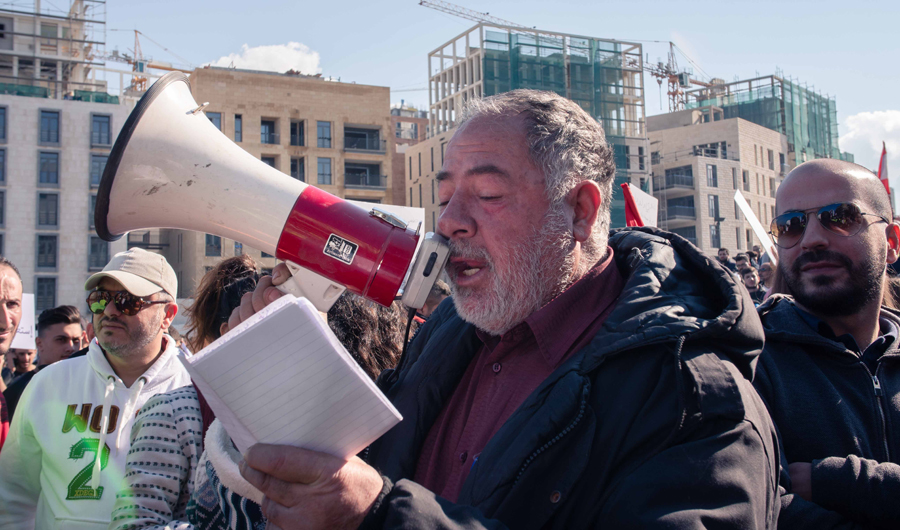Iraq Cabinet remains incomplete as Parliament defers key appointments
BAGHDAD: Iraq’s prime minister has failed once again to make new Cabinet appointments after his nominees could not muster the requisite parliamentary support, dashing hopes for a breakthrough in filling the vacant positions.
Iraqi lawmakers and negotiators told Arab News that the two biggest political blocs in Parliament on Tuesday showed no signs of having reached a consensus on the nominees for several key ministries, including the interior and defense, which act as power bases in a fractured political landscape.
Abdul Mahdi’s appointment as prime minister in September had raised public expectations after a prolonged spell of government deadlock following the general elections of May. However, the Shiite political blocs whose backing paved the way for the 76-year-old former oil minister’s return to government have differed on the candidates for the other posts.
On assuming office, Abdul Mahdi was given 30 days to assemble a Cabinet to be approved by Parliament. The political jockeying had been expected to intensify as regional patrons were seen as reluctant to allow key ministries to go to candidates backed by their rivals.
The political deadlock surfaced in late October after 16 out of the 22 candidates proposed by Abdul Mahdi won approval. The rest were rejected by the Reform Alliance, led by the Shiite cleric Muqtada Al-Sadr, which remains at loggerheads with the Iran-backed Al-Binna’a Alliance led by Hadi Al-Amiri, the commander of Badr Organization, Iraq’s most powerful Shiite armed faction.
Each candidate needs at least 166 votes out of 329 in Parliament to be approved. Both Reform and Al-Binna’a have been unable on their own to secure the requisite support for their candidates, compelling each to rely on the other’s backing.
Abdul Mahdi has sought to circumvent the deadlock by holding negotiations on the contentious candidates individually. Three of the candidates won the Parliament’s approval last week. Two more will join them after the previous nominees were dropped in the latest development. In Monday’s session, Abdul Mahdi’s picks for the Education and Immigration Ministries were approved.
However, Maj. Gen. Faisal Fanar Al-Jarb, a candidate for the Ministry of Defense, was excluded by voting, while voting on the candidates for the posts of interior and justice ministers was postponed.
Disagreement between Reform, which says it wants to limit outside influence in Iraqi politics, and Al-Binna’a over the nominees for the interior and defense portfolios is at the heart of the current stalemate. Reform wanted retired Al-Jarba, a former commander of Saddam Hussein’s special squadron, to head the Defense Ministry. Al-Binna’a objected on the grounds that Al-Jarba’s role in the deposed Saddam regime disqualified him for a Cabinet post under the program of de-baathification.
For its part, Al-Binna wanted Falih Al-Fayadh, who has just become the National Security Adviser, to take charge of the powerful Interior Ministry. Al-Fayadh, who was sacked in August from his dual posts as head of the Iran-linked Popular Mobilization Units and the national security advisor by caretaker Prime Minister Haidar Abadi, is viewed by Reform as “the man of Iran.”
Arab News has learned that a last-minute deal reached in Monday’s session by the negotiators of the two blocs resulted in Al-Jarba’s exclusion and Al-Fayadh’s replacement by a new candidate for the interior portfolio.
“Al-Jarba did not get the required votes for his approval, so he is formally excluded as a ministerial candidate,” an Al-Binna’a negotiator told Arab News.
He added that “we agreed Al-Fayadh will be replaced soon but the vote (for the new nominee for interior minister) will take place in the new year.”
The Interior Ministry had been under the control of ministers close to Iran since 2010.
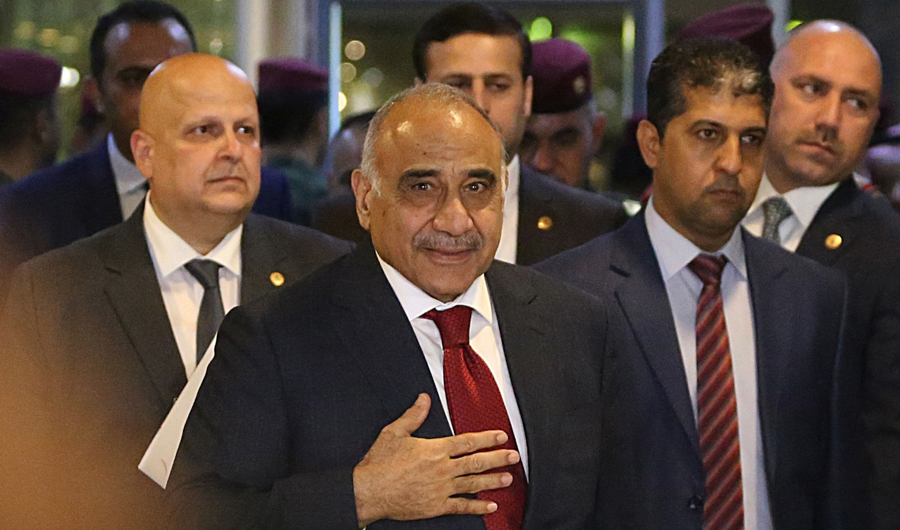
Iraqi cities preparing for large Christmas celebrationsIraq appoints two more ministers but government still incomplete
